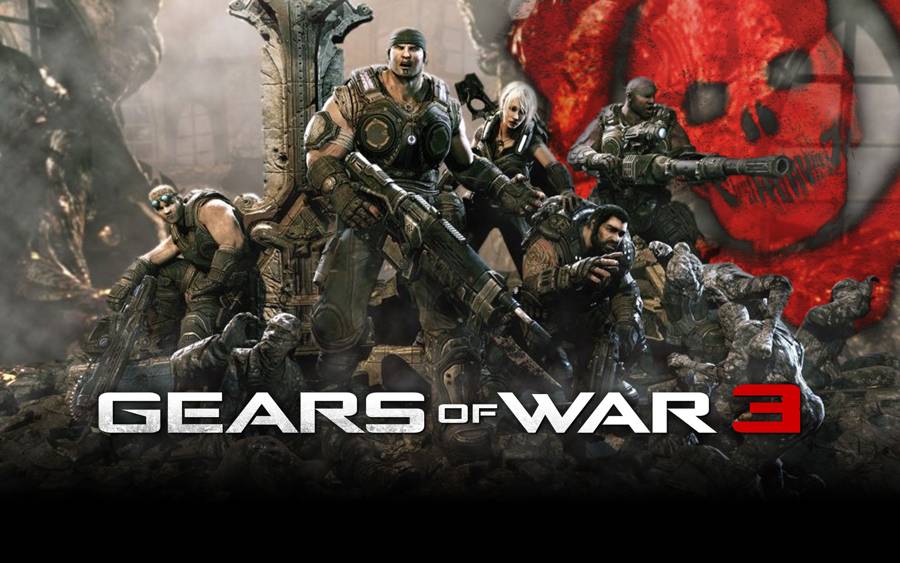

The Challenge: A role playing game offers a number of entertaining options. Some players will find that the randomness of die rolls is the most exciting part of the game. Others will favor the ability to creatively develop their characters. Some will take great interest in the collective story. Certain players will find the possible mysteries to be the best part of an RPG.
And then there are the strategists, the players who look to the stats and abilities, who memorize the game rules and come up with innovative ways to succeed at the various challenges the game master presents. Tactics, like realism, can be critically important to certain players, and utterly annoying to others. You cannot trust that all groups who play an RPG—or even all players within a group—will have the same views on this aspect of the game. Thus the seventh challenge of creating a versatile role playing game: the challenge of promoting strategy.
Strategy can be tricky, because it sometimes seems that to promote strategy is to sacrifice character value. How can there be strategy if all character types possess equal merit? Of course, the reverse of that question is, what is the point of strategizing if there is a single selection superior to any other? As with all aspects of creating an RPG, to properly use strategy, you must allow it to be useful to those who want to use it, but not overpowering against those who do not.
Promoting strategy in a role playing game does not necessarily require that certain choices be better than others, or even that there has to be a specific counter for each choice. It requires only that all choices have an advantage and disadvantage, a benefit and cost. In this way, it isn’t about deciding which is best or what beats what, but about critically evaluating the situation and determining if the cost, at the moment, is worth paying.
The Risk: Incorporating strategy into an RPG is definitely a difficult proposition. Certain dangers are obvious. Game balance and character value are the most likely aspects of the game for strategy to compromise. The reason is that cost and benefits, as has been noted before, do not necessarily balance out even if they are evenly matched.
Any player dedicated at all to strategic character building will naturally seek ways to get around the limits applied to its choices. When determining penalties, such a player will select those that it deems the least likely to actually impact its character’s performance, while balancing these disadvantages with those benefits most useful to the character’s specialty. This technique is known as min/maxing—minimizing the impact of your penalties while maximizing the benefits you accrue.
Aside from the dangers of strategy with regards to character building, there is also the threat of strategy within the game. This is especially visible in cases where only some members of the group frequently strategize. Improper strategic systems create a situation where those who choose to rely on tactics result in having much greater success during the game. Players less adept at this play style lose interest, and may even be exposed to greater risk as the referee begins to utilize encounters where the opponent strategies are equally complex. To make the game fun, a system for strategy has to allow strategic players to gain appropriate advantages—they are putting more effort and thought into the game, after all—but it should also allow players whose strengths lie elsewhere to handle challenges simply and effectively.
Also bear in mind, strategy often slows down game play significantly. A simulated battle can be exciting, but if there are eight combatants and every turn takes five minutes to play through, the battle quickly begins to drag out. Some players will like long, detailed, in-depth battles, but there has to be a quick and decisive way to play through an encounter whether or not players are making use of tactical actions.
The Solution: In Quests of the Realm, I wanted the option for all-out, grueling, in-depth, detailed battles—but only if the players were interested in playing them. To that end, I made sure that each preference had a number of combative possibilities, offensive and defensive. The advancement system is based on actual difficulty of the encounter more than relative power of those involved, so more strategy or going “all-out” tends to lead to slower advancement. Combined with basic costs for using abilities, and the opportunity for the villains to use the same sorts of powers as the players, and the system promotes strategy while allowing simplicity to remain an option.
Many of the abilities in QoTR combine nicely, but no preference has an entire list of abilities that tack on bonus after bonus. Most abilities allow additional options for using the aspects granted by the preference. Also, more than half of the abilities of each preference are accessible even to non-specialized characters (though they often have to wait for many levels to obtain them and usually can’t use them as well as specialists anyway). This helps keep any combination of abilities from becoming overwhelming, since opponents can often use key abilities with their own skills to dull the edge of the effect.
Strategy isn’t required. I have an on-line character builder set up that includes some basic combat actions with all the stats and costs laid out for easy access. Though these typically don’t count preference aspects, it is entirely possible to play through an entire game using standard attack, standard defense, and maybe one or two abilities from each preference you specialize in. The character sheets can also be modified to include abilities in these quicky actions, and if done properly, the sheet can update all these traits automatically when the character increases in power. Thus, while this style can slow down character creation some, it can be used to incorporate strategy while maintaining a fast-paced game.
Strategy is an important part of a role playing game to many players, and the most important part to some. Ignoring strategy alienates many role players, but overusing it can be just as devastating. To keep the game fun for all, a strategic system has to be an option, detailed enough that tacticians can obsess over it while fluid enough that more relaxed strategists can adapt it easily to standard play. Bear in mind the risk to game speed, and guard against it as best as possible.
Copyright © 2006 Dustin Schwerman.
Dustin Schwerman has been playing RPGs for over a decade, using an analytical approach to critically evaluate the game systems (and so to create the most powerful characters he could get away with). He used the extensive experience gained doing so to create his own game, Quests of the Realm. QoTR focuses on unlimited character customization, relying on its author’s understanding to detect and counter game-breaking power plays. Though balanced, QoTR still allows players to create highly effective characters and run them through heroic story lines. To contact Dustin, read more of his writings, or learn more about Quests of the Realm, visit his web site, Quellian-dyrae.




 Minecraft Mod Examination: The Twilight Forest
Minecraft Mod Examination: The Twilight Forest Gears Of War 3 Brumak Boss Guide
Gears Of War 3 Brumak Boss Guide Stop Steam From Hogging All of The Bandwidth
Stop Steam From Hogging All of The Bandwidth Review: Stealth Bastard
Review: Stealth Bastard Mass Effect 3 Walkthrough - Manea, Cerberus Labs, Grissom Academy
Mass Effect 3 Walkthrough - Manea, Cerberus Labs, Grissom Academy